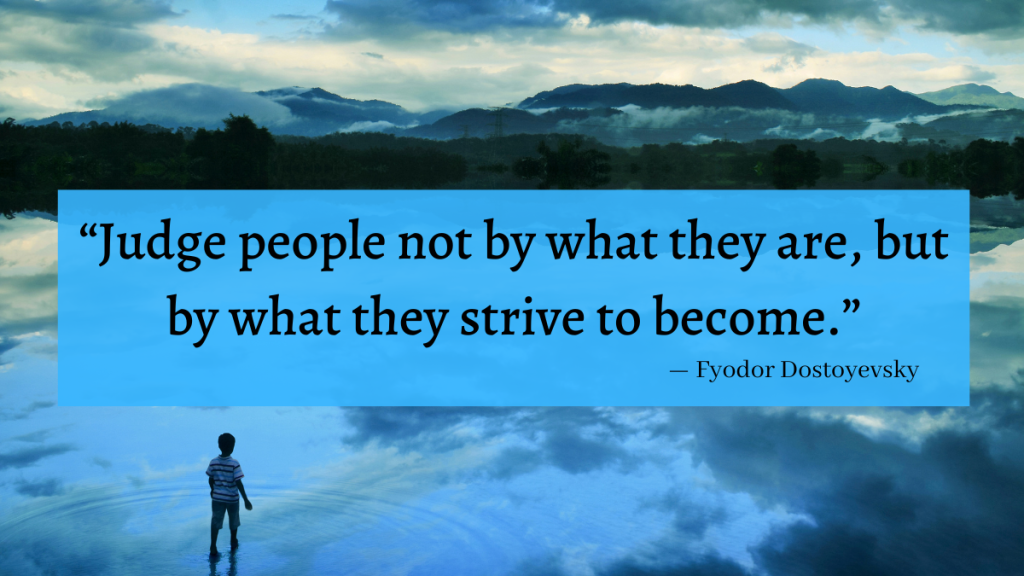Today’s post is an interview with Tiffany Whitlow, who is the co-founder of biotechnology research company Acclinate, and its associated community brand NOWINCLUDED – the online health community focused on empowering the Black community to make better-informed health decisions. In this interview, we talked about NOWINCLUDED, shrinking the stigma, and the importance of taking charge of your mental health. Thank you for talking with me, Tiffany!
While all communities experience mental health issues, the Black community suffers from an increased rate of mental health concerns. What is NOWINCLUDED doing to change this?
NOWINCLUDED is a community created by Black people for Black people to talk and learn about health issues that impact us, including mental health. Through NOWINCLUDED, our community members can have a safe space for them to discuss what’s going on with them, get support from people who can relate to them, and learn about opportunities and information that can help them be healthier. We’re also partnering with organizations like Prosper in Birmingham, Alabama, for example, to provide access to practical resources like virtual mental health groups, career matching services, and a community food bank because everything – having a person to talk to, a job to pay the bills, a place to get food for the family, etc. – can impact our community’s mental health.

Part of your work is to empower people to make better-informed mental health decisions. What are some of the most significant barriers to people receiving the care they need?
We want to empower the Black community to make better-informed decisions about their health in general, including mental health, because we know from our community members’ experiences and stories that mental health can be affected by everything that’s going on in your life. We also know from research that Black adults are more likely to have feelings of sadness, hopelessness, and worthlessness than white adults, and yet, only one in three Black adults with mental illness receive treatment. There could be several reasons for this, including cultural stigma (that seeking help is a sign of weakness), lack of mental health professionals who can understand Black people’s lived experiences without personal biases and support them effectively, and socioeconomic disparities (which can translate to real-life issues like not having health insurance or being able to afford therapy). So, we’re amplifying stories from our community members to show that it’s ok to be vulnerable with your health, we’re here to help you feel seen and heard, and we have resources that can help you (and the Black community in general) live healthier.
How do you work to shrink the stigma surrounding mental health?
In the Black community, some people might think of suffering in silence as having strength and speaking up and asking for help as weakness. There also might be some people who tell people that are experiencing mental health issues to “pray it away” or simply label them as “crazy.” But, the truth is that mental health issues are diagnosable and manageable, like any other health issues. So, we’re trying to reduce the stigma around mental health among our community and encourage people to be their own health advocates by sharing our community members’ stories – like in this video for example, where we discussed the impact of COVID-19 on the mental health of our community members.
On your website, you note that as little as 2% of the US population is currently a part of clinical trials, and only a fraction of that includes individuals from communities of color. How can better representation in clinical trials lead to better health care (specifically, mental health care)?
I think my story, as well as my co-founder Del Smith’s story, demonstrates how more inclusive clinical research can help improve the health of not just the Black community, but also communities of color at large. As a young mom, my son was diagnosed with asthma. When he was only an infant, I discovered that his asthma medication, which is widely used to prevent and treat wheezing and shortness of breath caused by asthma, was 47% less effective for Black people compared to white people. It was devastating and scary for me to learn that this treatment wasn’t providing the relief my son needed. I wouldn’t want any mother or person to go through the experience that my son and I did, and that’s what inspired me to create the NOWINCLUDED community, so that we can be informed and included in processes that affect our health.
When Black people and other people of color are included in clinical research, it can help researchers develop treatments that can potentially be more effective and safer for us – and this isn’t just limited to physical health issues like asthma, but mental health as well. As more researchers study the mental health challenges that Black people face, there’s more potential to have more effective tools and solutions for us. So, while it is completely up to each person in our community to make the decision to participate in clinical research or not, I encourage them to learn about what clinical research opportunities are out there and how our participation can help improve our community’s health.

NOWINCLUDED emphasizes communities of color “taking control of their mental health.” In your view, what does it mean for someone to take control of their mental health, and why is this important?
We want to empower our Black community and communities of color to take control of their health in general, mentally and physically, and that can look like different things. It can be learning about different disorders (including mental health disorders) even if you think you’d never have them – you can not only stay healthy by learning about how to prevent them, but also recognize them more quickly, hopefully, should you experience any symptoms. It can also be staying informed of how advances in our society can impact our health – for example, how artificial intelligence and machine learning can help reduce health disparities, with our input. It can be participating in clinical research after learning more about what it really means to be a part of it. All of this is important because we have the ability in each of us to work towards better health, for ourselves and even for our community. When we help educate each other and make sure we’re all making informed decisions, we can create generational health.
What would you say to the people reading this who want to get help, but have no idea where to begin?
I would first say I am proud of them for recognizing the need to get help and actively looking for help. This is the first step in taking control of your health and making decisions that can improve your health. I have a simple process that helps me through any decision and truly helps my mental health. That process is PAUSE, BREATHE, GO. First, you must pause and remember why you started, breathe and internalize your feelings, then go execute, go be great, go change the world! Pause- breathe- go, it’s as simple as stop, drop, and roll.
I think the Internet is a great resource to start, where you can find mental health services and organizations specifically created with Black people in mind, like Black Mental Health Alliance, for example. Another great resource is your own community, like your family, friends, and even NOWINCLUDED, so you can feel seen and heard by people who can potentially relate to your issues on a more fundamental, cultural level and maybe introduce you to resources and tools you might not have known before. Help is out there for you. You’re not alone.
Tiffany Whitlow is the co-founder of biotechnology research company Acclinate, and its associated community brand NOWINCLUDED – the online health community focused on empowering the Black community to make better-informed health decisions. Tiffany had experienced first-hand the lack of information in the Black health space, which is why she wanted to change medical systems and how the community finds, discovers and takes advantage of ways to improve and maintain their health.


